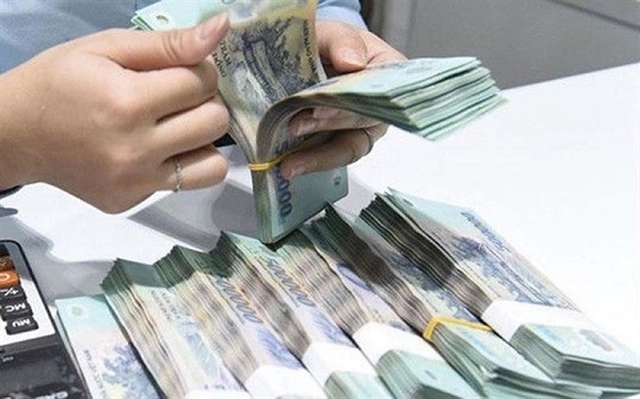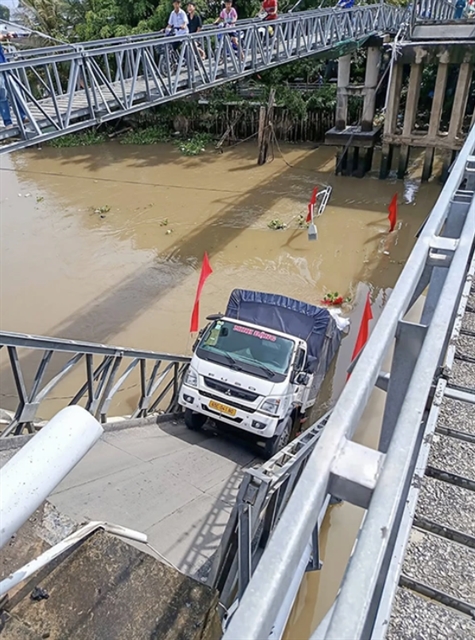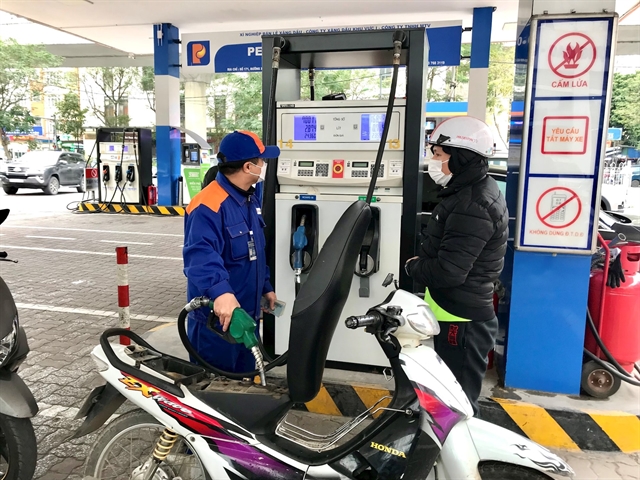 Economy
Economy
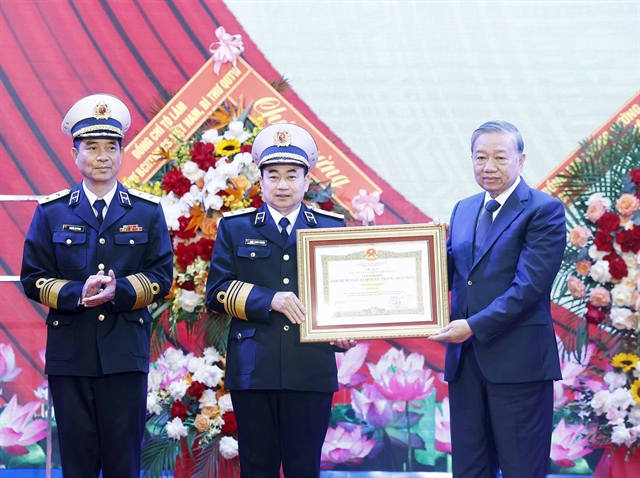
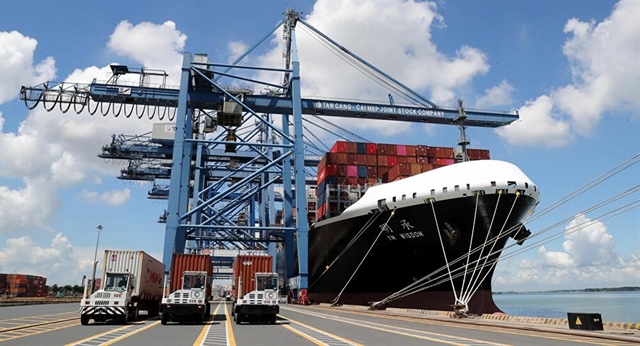
|
| A container ship being unloaded at the Cái Mép-Thị Vải Terminal in southern Bà Rịa-Vũng Tàu Province. — VNA Photo Trọng Đức |
HÀ NỘI — Goods have been moving through Việt Nam's numerous seaports without hiccups despite the COVID-19 pandemic, said the Việt Nam Maritime Administration (VMA).
During the first seven months of this year, some 425 million tonnes of goods have been moved through seaports across the country, a six per cent increase from the same period last year. Of which, exports accounted for 106 million tonnes, a nine per cent increase, imports 133 million tonnes, a two per cent increase and domestic trade 184 million tonnes, a seven per cent increase from the same period last year.
Notably, there has been a jump in containers. The country recorded 14.7 million twenty-foot equivalent units (TEUs), a 21 per cent increase from the same period last year.
The smooth sailing, however, very much depends on how well the country can contain the virus, said Hoàng Hồng Giang, deputy head of the VMA. He said social distancing measures in effect in major towns in the Mekong Delta during the last two months will have an immediate effect on import/export and domestic trade activities. The administration said it's expecting drops in volume of goods passing through seaports for July and August this year.
Regarding skyrocketing costs for ocean transport in recent months, Giang said the Vietnamese fleet are losing on their home turf. As of now, the country's fleet did not have the capacity to operate outside of Asia and ASEAN.
According to the VMA, the country has just 38 container ships, which account for just a five per cent market share, meaning 95 per cent of the country's import/export and domestic trade will have to rely on some 40 foreign fleets. A lack of alternatives and competition leaves Vietnamese importers/exporters with little bargaining power when it comes to price negotiations with shipping firms.
He said the country's most urgent task is to invest in building a stronger fleet and container manufacturing, especially as the country's exports are forecast to rise in the coming years.
There is a large gap between the domestic fleet and international competitors in both operational and sheer shipping capacity. The largest container ships operated by domestic firms have a capacity of 1,800 TEUs. Meanwhile, some competitors have been operating ships with 20,000 TEUs capacity.
In order to address this issue, the administration has made a number of proposals to the Government which included giving the green light to ship owners to purchase new and bigger ships as early as they see fit. This is part of a national strategy to strengthen the Vietnamese fleet to meet the demand for import/export in the near future. — VNS



